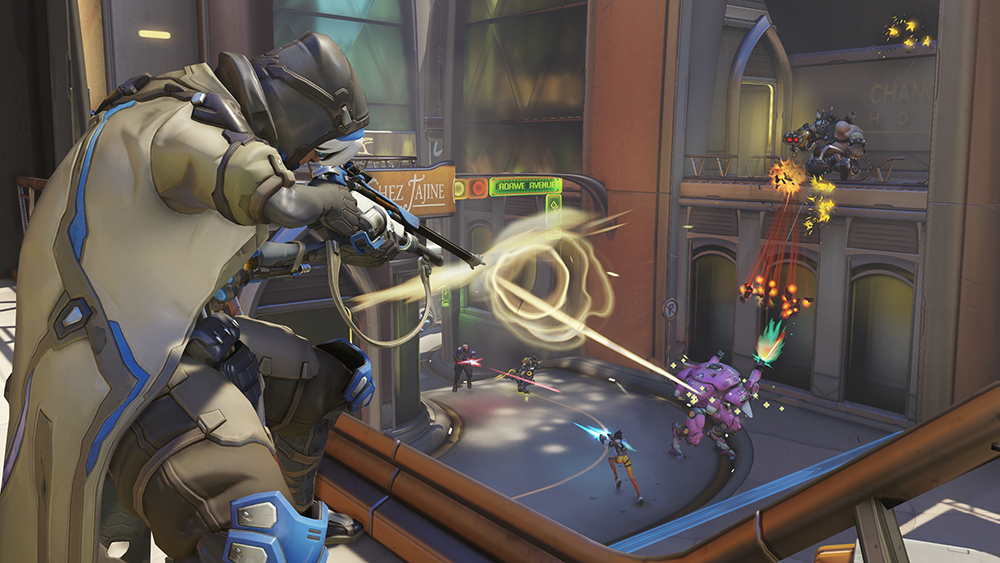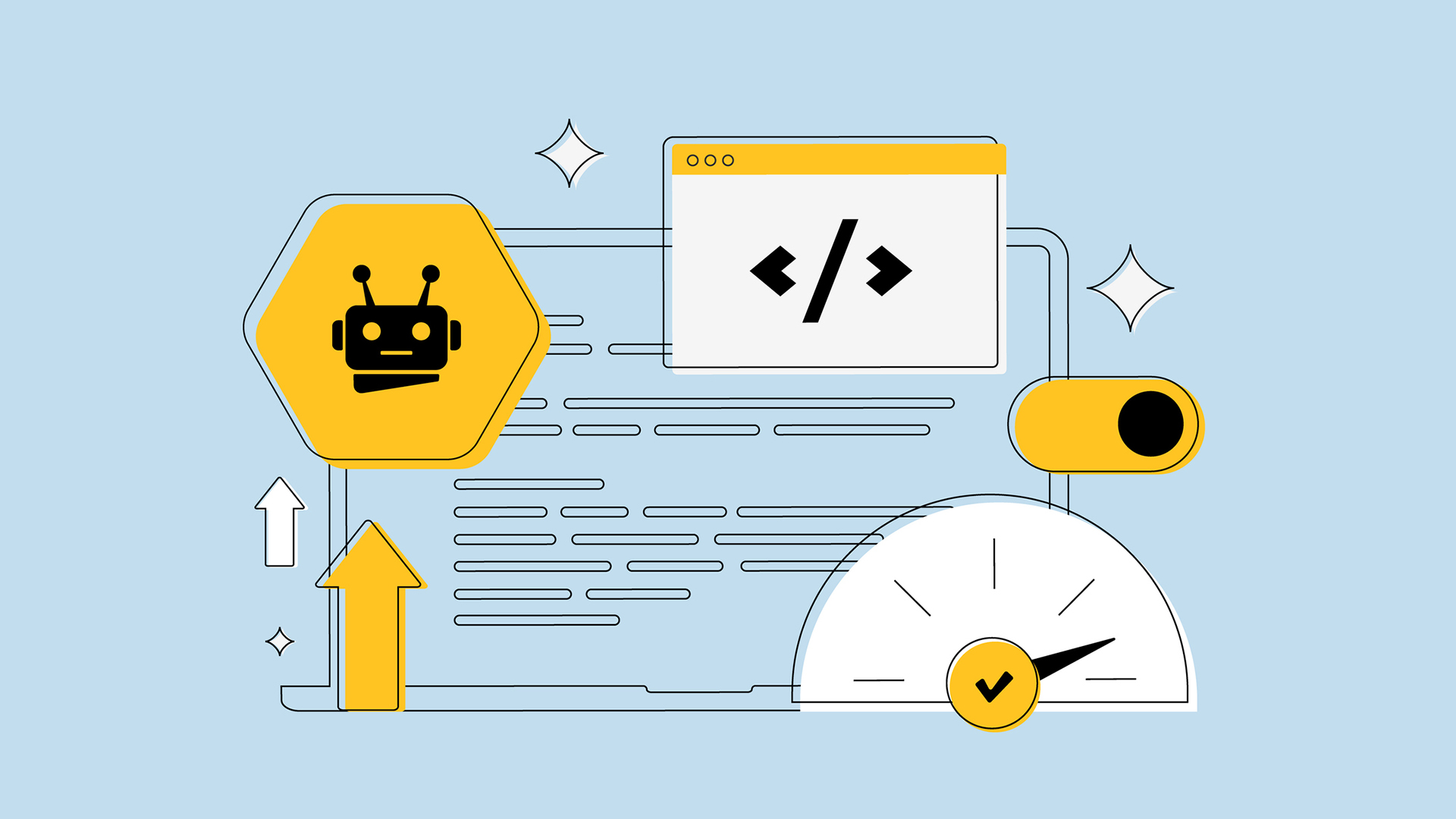Blizzard experiences second DDoS attack this month
The World of Warcraft and Overwatch developer's services were down for more than two hours

Blizzard, the developer behind World of Warcraft and Overwatch has experienced a second DDoS attack in one month, it has announced, although this latest attack seems to be more shortlived than its hack at the beginning of August.
Players reported viewing an Error #132 message when trying to access the services and Blizzard said it was investigating into the problems, immediately identifying it as a DDoS attack.
"We are currently monitoring a DDOS attack against network providers which is affecting latency/connections to our games," the company reported just after 1PM.
However, by 3PM, the issues had been resolved, at least in the short term.
"The technical issues we were experiencing earlier have been resolved. Apologies for the inconvenience!" the company posted on Twitter.
Although it's not clear whether the two attacks were related, or carried out by the same group, Blizzard was quick to report it is investigating into the problems.
"In the fast-moving world of online gaming, just the shortest of service disruptions can be devastating," Stephanie Weagle, senior director at Corero Network Security said.
Sign up today and you will receive a free copy of our Future Focus 2025 report - the leading guidance on AI, cybersecurity and other IT challenges as per 700+ senior executives
"The impact of DDoS attacks can be incredibly costly when systems, applications or platforms fall victim to attack.The online gaming industry is no stranger to DDoS attacks, as motivations, including player retaliation, are endless. For an industry that relies on player accessibility, DDoS attacks pose a serious challenge to game availability that is actually the lifeblood of the organisation."
Weagle said companies like Blizzard should not rely on traditional infrastructure or even cloud-based DDoS because they are too slow at picking up threats. This means they are not effective to deter such attacks and instead, real-time detection and mitigation of DDoS attacks should be implemented.
03/08/2016: Overwatch servers back up after suspected Lizard Squad DDoS
Overwatch and Hearthstone, two massively multiplayer online games (MMOs) from games studio Blizzard, have been brought back online following a DDoS attack suspected to have been launched by Lizard Squad.
The attack downed Blizzard's Battle.Net servers for around 3 hours and left players unable to log in. The news comes in the wake of Blizzard unleashing a wave of lifetime bans for players caught cheating, with many affected users threatening a DDoS in retaliation.
"If you think of the internet as a series of tubes connecting our computers together," a Blizzard representative explained to users via the Battle.Net forums, "a DDoS is like someone stuffing a bunch of rocks in one of those tubes which makes it hard (or impossible) for legitimate traffic to reach us."
"Our engineers have a way to clear these pipes by blocking the rocks, and then those perpetuating the DDoS might try to find another pipe to clog. It's a little bit of cat and mouse, but we're dedicated to keeping up the work!"
Responsibility for the attacks have been claimed by a hacking group known as PoodleCorp, which has been linked to the Lizard Squad hackers, who allegedly took down Xbox Live and PlayStation Network in 2014.
While a DDoS attack is never good news for any business, it can be especially costly for games companies, points out Corero Network Security's senior director Stephanie Weagle.
"In the fast-moving world of online gaming, just the shortest of service disruptions can be devastating," she said. "The impact of DDoS attacks can be incredibly costly when systems, applications or platforms fall victim to attack."
"The online gaming industry is no stranger to DDoS attacks, as motivations, including player retaliation, are endless. For an industry that relies on player accessibility, DDoS attacks pose a serious challenge to game availability that is actually the lifeblood of the organisation."

Clare is the founder of Blue Cactus Digital, a digital marketing company that helps ethical and sustainability-focused businesses grow their customer base.
Prior to becoming a marketer, Clare was a journalist, working at a range of mobile device-focused outlets including Know Your Mobile before moving into freelance life.
As a freelance writer, she drew on her expertise in mobility to write features and guides for ITPro, as well as regularly writing news stories on a wide range of topics.
-
 Marc Benioff says hiring in software engineering is ‘mostly flat’ at Salesforce because of AI
Marc Benioff says hiring in software engineering is ‘mostly flat’ at Salesforce because of AINews Salesforce CEO Marc Benioff has revealed hiring for software engineering has dipped as a result of AI, but the CRM giant is ramping up recruitment in other key areas to push its agentic agenda.
-
 Are AI browsers a golden opportunity or cybersecurity nightmare?
Are AI browsers a golden opportunity or cybersecurity nightmare?In-depth AI browsers are on the rise despite the concrete risks associated with using them

